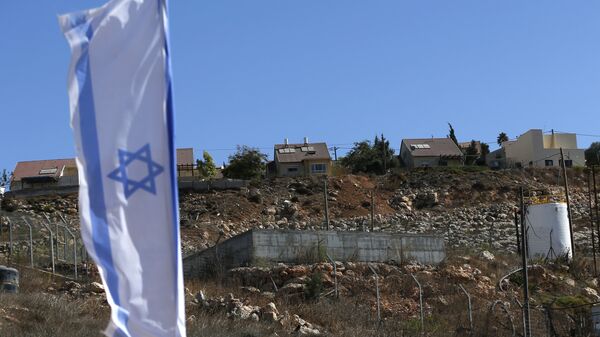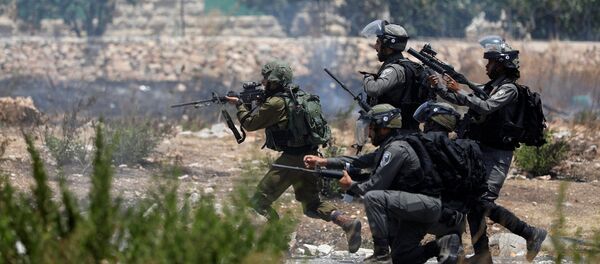Yedidya Harush talks with pain about that hot August in 2005, when in the early morning the IDF came to his house in the community of Atzmona in the southern Gaza Strip to tell him and his family to pack their belongings.
By noon, he says, their house was demolished, burying under the rubble their memories and their future.
"In 2005, my parents just finished renovating our house. And when they came to destroy it, I remember it shocked not only us but also those Chinese construction workers who built that house. One of them couldn't hold back his tears".
Leaving Everything Behind
Together with the Harushes, 52 other families also lost their homes - all were flattened by the IDF and Yedidya says he could never understand what pushed his "Jewish brothers" to do this.
The problem was that "the system", or to be precise then-Prime Minister Ariel Sharon and his government, wanted them out.
Determined to leave a mark on history and to improve the dire security situation, Sharon made it clear in 2005 that all 22 settlements dispersed across the Gaza Strip which housed 8,600 Israelis would be evacuated, erasing any Jewish presence in the area.
Right Decision?
For many it was a step in the right direction. Days before the decision to pull out from Gaza, a poll revealed that 58 percent of Israelis were supportive of the move.
For decades, those Jewish settlements required a heavy military presence to keep them secure, leaving Israeli taxpayers to foot an enormous bill.
This, however, was not enough to keep the area safe and with the outbreak of the first intifada in 1987, the Gaza settlements were prone to hundreds of terrorist attacks by Palestinians.
The outbreak of the second intifada in September 2000 only exacerbated the situation, with settlers becoming a usual and rather easy target for Palestinian extremists.
One of the most notorious attacks occurred in 2002, when a Palestinian terrorist infiltrated the community of Atzmona where he opened fire on students of an army preparatory high school and threw six grenades that eventually led to the deaths of 5 Israelis. Some 23 others were also injured in the incident.
But Yedidya said he as well as other residents of the area were ready to pay that price.
"When you run away from terror, it ends up chasing you. So we wanted to be there simply because we felt that by being in the Gaza Strip we formed a wall, a human shield, that stopped Palestinian rockets from going into Beersheva and other Israeli cities".
That, however, was far from being the only reason that kept Jewish settlers in the area. Some were moved by religious reasons and refused to evacuate a place that contained traces of Jewish heritage. Others called themselves Zionists and claimed they had fulfilled their legitimate right to live in the area, after being sent there by the Labour Party after the Six-Day War in 1967.
Betrayed
Although the reasons that kept them there differed, the feeling of being betrayed was common to all, especially given that the government had injected some $3 billion into a plan to relocate those who were evacuated, and then failed to provide them with the relief that was needed.
"The government did provide us with money as compensation for the loss inflicted upon us. But by the time my parents managed to rebuild our house, which took us ten years, the prices had already gone up and that meant we only got 50 percent of the cost".
The only difference was that this time around the house was build outside of the Gaza Strip, yet still close to the fence separating the enclave from Israel.
Yedidya, who is now in his 30s, has also built his own house, in the community of Shlomit located right on the border between Israel and Egypt. It is only a few kilometres from the Gaza Strip, which means rockets emanating from there from time to time manage to shatter the calm and the tranquility of the area.
Yet, Yedidya doesn't seem to be bothered because for him it is "a closing of a circle".
"Right now so many communities resurrect themselves because the spirit is there. This country was not given to us on a silver platter. It is our homeland. We don't run sprints, we run marathons and we are determined to win that war".



